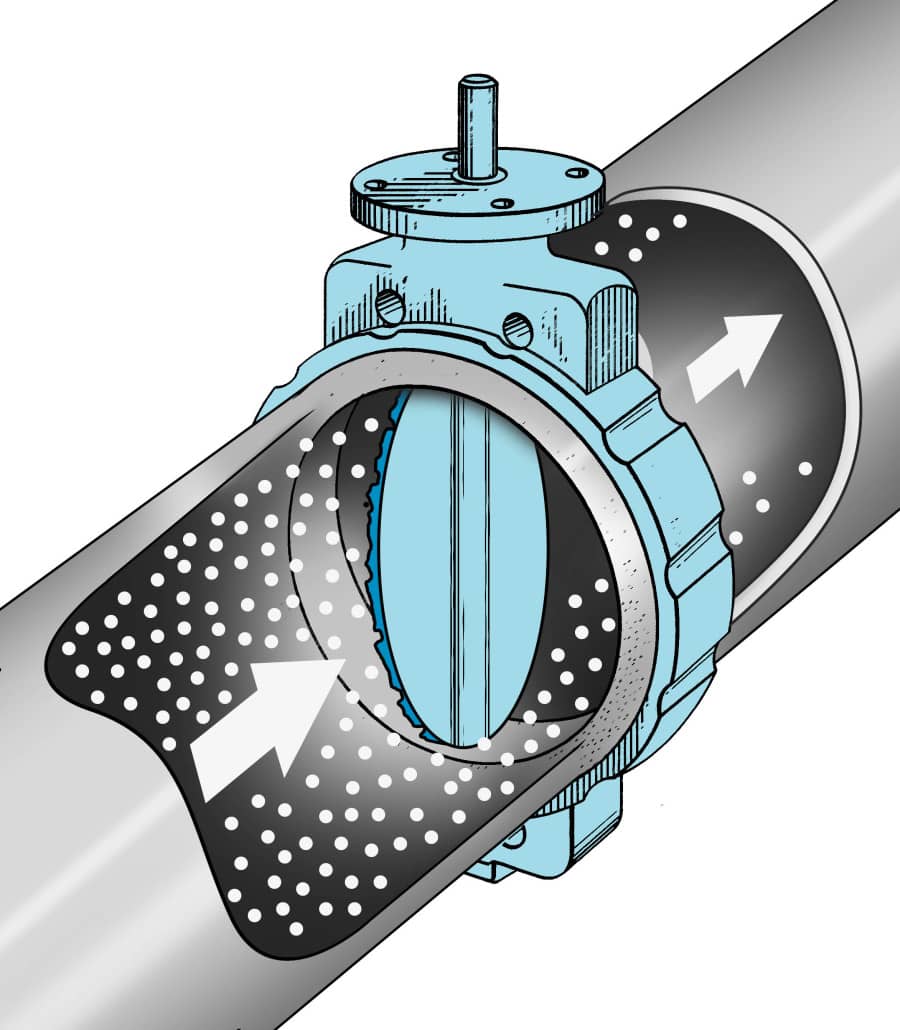
- Call Us
- +8618633052223
- njhdvlz@163.com
Aug . 20, 2024 00:16 Back to list
Exporters of High-Quality Backcheck Valves for Diverse Applications Worldwide
The Role of Backcheck Valves in Modern Industry A Focus on Exporters
Backcheck valves, often referred to as non-return valves or check valves, play an essential role in various industrial applications by allowing fluid to flow in one direction while preventing backflow. This functionality is crucial in many processes, especially in industries such as oil and gas, water treatment, and pharmaceuticals, where the integrity and efficiency of fluid systems are paramount. As demand for advanced fluid control solutions grows, so too does the role of exporters specializing in backcheck valves.
Understanding Backcheck Valves
Backcheck valves come in various designs, including spring-loaded, lift, and swing check valves. Each type serves a unique purpose, but their primary function remains constant to prevent backflow that could damage equipment or compromise system integrity. For example, in a pumping system, backflow could cause cavitation, leading to inefficiencies and potential breakdowns. By ensuring unobstructed flow in the desired direction, backcheck valves protect not only the equipment but also the entire operational framework.
Importance of Quality and Compliance
For exporters of backcheck valves, compliance with international standards is crucial. Various organizations, such as the American Society for Testing and Materials (ASTM) and the International Organization for Standardization (ISO), set guidelines that govern the manufacturing processes and materials used in producing these valves. Exporters must ensure that their products meet these high standards to penetrate global markets effectively. Quality assurance measures such as rigorous testing and certification processes are essential to demonstrate reliability and performance to potential international buyers.
Export Markets and Demand Trends
backcheck valve exporter

The demand for backcheck valves has seen significant growth worldwide. Key markets include North America, Europe, and Asia-Pacific, where industries are continually evolving to improve efficiency and sustainability. The oil and gas sector, for instance, relies heavily on backcheck valves for safety and operational reliability amid fluctuating resource prices and environmental regulations. Additionally, with the rise of urbanization and industrial expansion in Asia-Pacific, the demand for water management solutions is increasing, further propelling the necessity for high-quality backcheck valves.
Challenges Faced by Exporters
While the global demand presents lucrative opportunities for exporters, it is not without challenges. Intense competition in the valve manufacturing space means that exporters must differentiate their products based on quality, price, and customer service. Additionally, navigating the complexities of international trade regulations—such as tariffs, customs duties, and trade agreements—can be daunting. Exporters must invest time and resources to ensure efficient logistics are in place, balancing the cost of exports while remaining competitive.
Innovation and Future Prospects
The future of backcheck valve exporters looks promising, especially with technological advancements shaping the industry. Innovations such as smart valves equipped with sensors for real-time monitoring are beginning to enter the market. These valves can provide data on performance, helping operators preemptively address potential issues. Exporters who prioritize innovation can achieve a competitive edge, attracting customers looking for the latest solutions in fluid management.
Conclusion
In summary, backcheck valves are essential components across various industries, serving the critical function of preventing backflow. For exporters, understanding the importance of quality, compliance, and innovation are key factors in achieving success in the global market. As industries continue to evolve, the demand for robust fluid control solutions will sustain the need for skilled exporters in this specialized sector. The future is bright for backcheck valve exporters who can adapt to changing market dynamics and technological advancements, ensuring their products remain at the forefront of industry needs.
-
Stainless Steel Sanitary Butterfly Valve for Hygienic Flow Control
NewsJul.30,2025
-
High-Performance Groove Butterfly Valve for Easy Installation
NewsJul.30,2025
-
High-Quality 2 Inch Butterfly Valve for Precise Flow Control
NewsJul.29,2025
-
Double Flanged Short Pattern Butterfly Valve for Reliable Flow Control
NewsJul.29,2025
-
High Quality Wafer Check Valve Factories – Reliable Manufacturer & Supplier
NewsJul.29,2025
-
Stainless Steel Sanitary Butterfly Valve for Hygienic Applications
NewsJul.28,2025